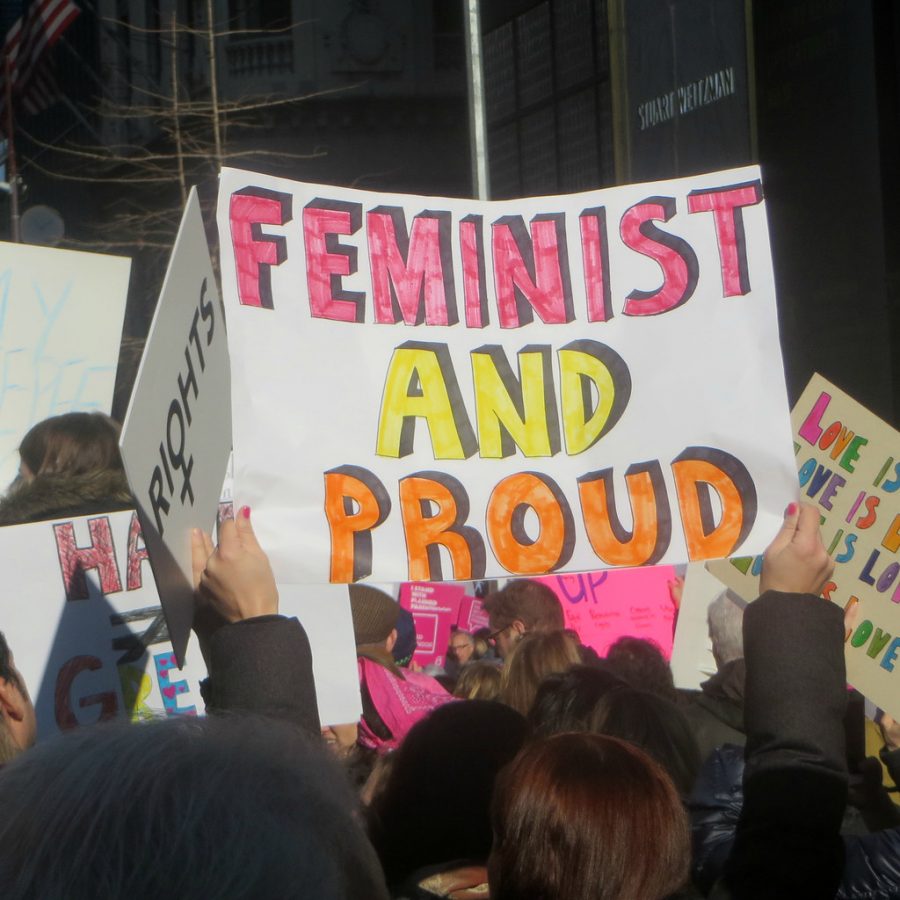Don’t fear the word feminism
Heads up: feminism is not a dirty word
March 6, 2021
Today, although feminism is taught in history class and explored as a movement on social media, it isn’t a word people identify with as often as they should. Unfortunately, misconceptions about feminism have distorted its meaning and made it less socially acceptable for people to label themselves feminists.
Feminism is generally defined as “the belief in social, economic and political equality of the sexes.” According to Pew Research Center, six in ten women consider themselves feminists, while four in ten men consider themselves feminists. These are low numbers, considering that another survey found that 79 percent of (about eight in ten) adults believe that “it is very important for women to have equal rights with men.” Let’s look at some of the misconceptions distorting the real meaning of feminism.
One misrepresentation of feminism is that feminists believe in the superiority of women or in making women superior to men in society. The definition itself refutes this; feminists want political, social and cultural equality. And yes, women have made a lot of progress towards that goal, but society is still far from it.
Some say that all feminists are pro-choice. Although this may be a belief some feminists hold, it is largely an issue of personal opinion. Being a feminist doesn’t mean you have to support a woman’s choice to have an abortion, but it could also mean that you do. You can be a feminist and not support every single thing associated with the movement; ultimately, your beliefs are your own.
Another example of a negative stereotype about feminism is that only women can be feminists. This is also false: men can be and are feminists too. Importantly, real change can’t happen without the support of people of all genders. We have to work as a society to effect positive change.
These misconceptions are a few of the reasons labeling yourself as a feminist sometimes has a negative connotation, and why some people might support women’s rights, but not label themselves feminists. Let’s reclaim the label and restore its positive meaning, building on its rich history to promote a new, inclusive movement of people who want equality for women.






